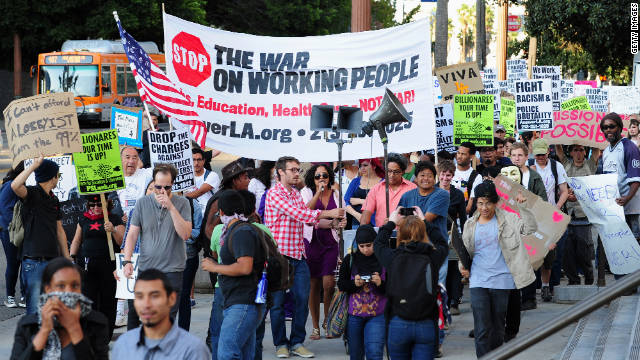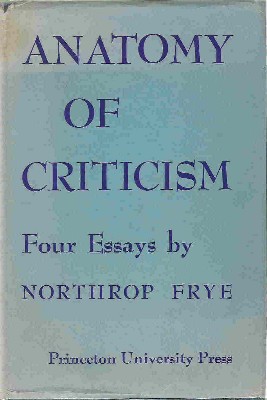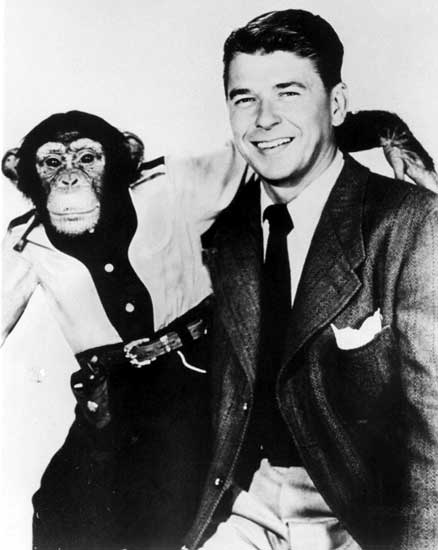Philip Larkin reads his poem, “The Trees”
Contra Bloom, Frye never claimed that “evaluation has nothing to do with literary criticism.” He claimed that criticism can’t comfortably rest on a foundation of mere evaluation. Bloom himself is a good judge of literary merit but far from an infallible one. I’d give Bloom an A- or B+ score if I were evaluating his ability to evaluate and rank.
When Bloom edited a collection he entitled The Best Poems of the English Language, he excluded dozens of conventionally recognized masterpieces and included several idiosyncratic choices of his own I found to be not so great, and sometimes downright mediocre. Bloom can’t see his own blind spots; none of us can. That’s why they’re called “blind spots.”
Frye’s real point is that there never has been, in the entire history of literary appreciation, a single individual with anything resembling infallible taste. Everyone has blind spots, everyone who claims to have identified a perfect canon invariably gets shown up as misguided in a few generations time. I don’t see how it’s possible to argue against Frye’s view of this matter. The history of taste, with all its fluctuations and reversals, clearly shows him to be correct about this.
As for how this applies to Bloom: it’s easy for me to assent to his admiration of Cormac McCarthy and Thomas Pynchon among living American novelists, but when Bloom (in his younger years) dismissed T.S. Eliot as inferior to John Ashbery and not a “strong” poet, when Bloom tried to write Poe out of the canon altogether, and when Bloom writes a rave blurb for poet Philip Levine but declares poet Philip Larkin trivial and minor, all I can say is, “Harold, you’ve got some major blind spots. Your aesthetic compass is anything but perfect — which is precisely Frye’s point.” Does Bloom honestly foresee a future in which Larkin, Eliot, and Poe are forgotten, but “common readers” are avidly devouring the “strong” verse of Levine and Ashbery?




